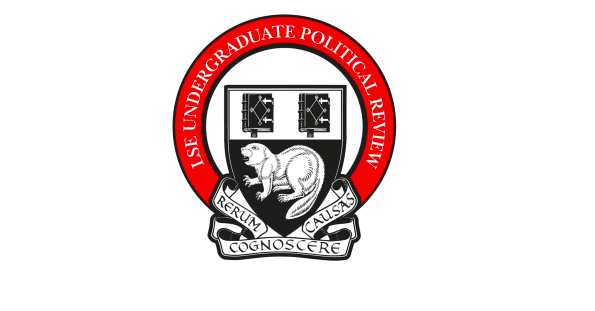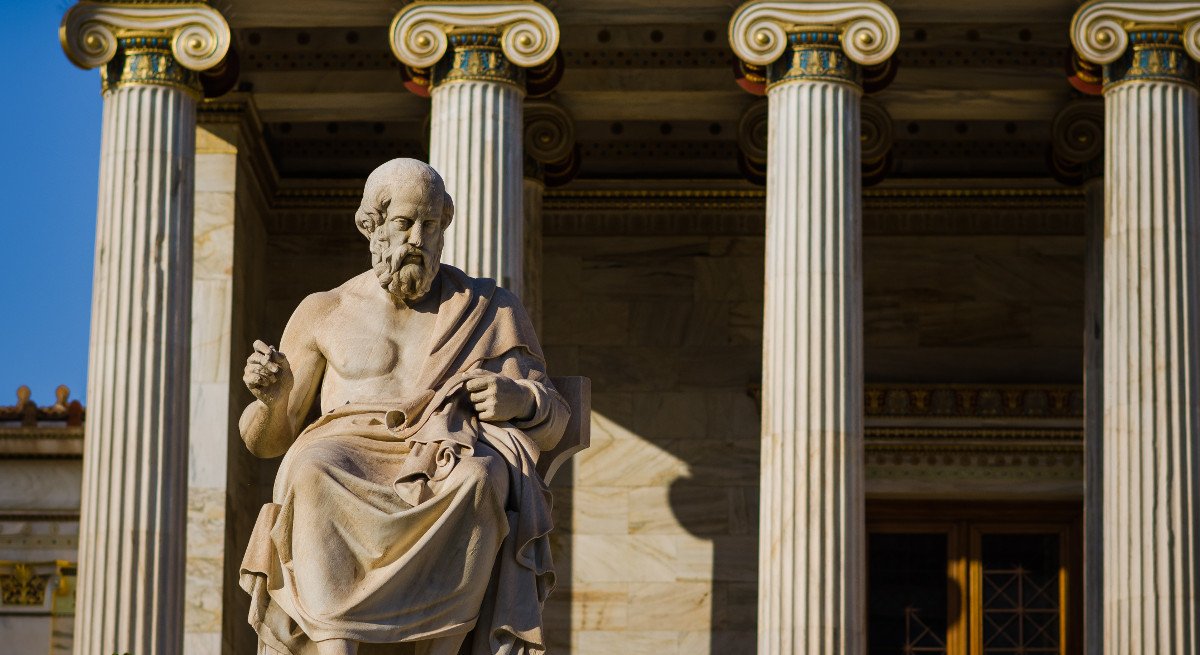I am Honour Astill, a first year BSc Politics student. I am interested in comparative politics, specifically regime shifts and voting patterns, but I also am fascinated by environmental policy, as I feel strongly about the climate crisis. Issues of gender equality, immigration, and poverty also are important to me. This first piece will discuss the current status of populism in relation to Cas Mudde’s The Populist Zeitgeist.
There has been much discussion lately about the currency of populism, given the modest wins of liberal democracy lately in Germany, Canada, and elsewhere. However, the collective trauma of the last decade has meant that commentators may be too ardent to decry the end of populism. While the number of populists in power have slightly decreased, it nonetheless is consistent with the past decade. It is too early to tell if the populist wave has plateaued, failed, or simply secured a steady base of support.
Widespread support for populist attitudes continue to exist, so it is premature for critics to rest on their laurels. The pandemic made recent elections exceptional: populism’s rise was suppressed by the “rally ‘round the flag” effect, in which voters temporarily feel trust towards their government during periods of crisis, and eschew fantastical narratives in exchange for more credible figures. This moment of relative stability seems to be a good time to reflect on past responses to populism, and the debates used to formulate these worldviews.
Political scientist Cas Mudde’s seminal 2004 paper The Populist Zeitgeist provides a threefold contribution to the discourse surrounding populism within liberal democracies. Firstly, it sets a precise definition of populism. Then, it discusses how populist discourse has been normalised in mainstream politics. Finally, it argues the responses to populism may actually fortify it rather than weaken it.
Mudde firstly argues that the essential quality of populism is that it makes a normative distinction between ‘the elites’ and ‘the people’. Put clearly: he defines it as ‘an ideology that considers society to be separated into two homogeneous and antagonistic groups, the ‘pure people’ versus ‘the corrupt elite’, and which argues that politics should be an expression of the volonté générale (general will) of the people’. This outlook presents a Manichean worldview in which your political opponents don’t merely have differing opinions, but are evil.
Mudde adds that populism is an ‘unrefined’ ideology, meaning that it can be attached to consistent ideologies such as socialism, ecologism, and nationalism. This was a prophetic observation, as many modern populists can be located within a wide range of positions on the political spectrum. Seemingly disparate groups, ranging from Bolsonaro’s government in Brazil, to the Italian Five Star Movement, to Morales’ leadership in Bolivia can be tied together by the political tactics and rhetoric they employ. In regards to the latter, governance by Bolivia’s socialist party under Morales–which has lead to an overwhelming holistic improvement in the quality of life of ordinary Bolivians (World Bank 2021)–challenges the idea that populism is an inherently abject in its defiance of democratic norms, or if it is a rhetorical toolkit that in itself does not have a malevolent colouring.
Does Mudde’s definition of populism still hold up today? Arguably so, especially in forgoing a purely class-based definition, when looking at the rhetoric of prominent populists alongside the erosion of class-based political cleavages. Right-wing populists in particular have the advantage of promising economic policies and withdrawal from globalised agreements which are beneficial to the wealthy, complemented by social policies aligned with the desires of the lower classes (The Guardian 2019). The distinction between the elite and the people is frequently manipulated for such purposes: this has been exemplified repeatedly with the popularity of Trump, the Leave campaign, and Berlusconi’s leadership, to name a few.
Mudde accounts for the ‘populist zeitgeist’s’ emergence through the vast array of media vying for voters’ attention, with media outlets resorting to sensationalist reporting which is easily hijacked by the aggrandising rhetoric of populists. Mudde could not have accounted for the X factor: the rise of social media, which has accelerated populism’s rise through overly-sensational reporting (Brookings 2017). Mudde then discusses a concept called ‘cognitive mobilisation’. Thanks to universal education in developed countries, the role of the public office has been demystified for voters. Voters presently feel competent enough to judge politicians and feel that they could do better themselves. Despite this, Mudde claims, they do not actually want to go through the trouble of self-governance.
Drawing on the work of Robert Dahl, Mudde argues that despite the fact that populist voters mostly do support democracy, ‘they do not want to be bothered with politics’. Citing overwhelming evidence to suggest that participation in political life is not highly valued, they simultaneously demand a responsive government, but one that requires minimal participation on their part. This may be the most disputable aspect of Mudde’s text when held up to modern data, which may in fact suggest a fundamental shift in the nature of populism. At present, populist voters in Europe are more politically engaged than non-populist voters, especially on the left, even outside of elections – advocating their positions through protests, digital activism, and boycotts (LSE 2021).
The transparency of liberal democracies and free media has meant that voters have been ‘increasingly sensitised to the problems’ of their nations’ institutions. In demanding better from their governments, the implicit response they receive is that constitutional limitations prevent rapid change from occurring. Mudde posits that this creates a ‘vicious circle’, wherein the establishments’ only choices is to defend and explain the limitations of democracy, or giving into populists’ demands at the expense of democracy. Mudde did not address, but it is critical to note, that their objections to their countries’ governance are statistically more likely to become aroused when they dovetail with especially legitimate grievances affecting lower classes such as income inequality, low government spending, and wage stagnation (LSE 2021).
Methodologically, Mudde’s text draws extensively on the work of his contemporaries in order to refine his definition and description of populism at the time. While much of it remains relevant to the situation today, certain developments such as social media have changed, and populist voters today are more politically engaged than ever.
During this unusual situation, voters and the media alike ought to be careful in who they legitimise through platforming and noisily disavowing populists, as well as further refine what type of politicians with populist tinges ought to be legitimised–based on their policies and track record– if they wish to avoid a right-wing populist siege like those seen in past years. Politicians who can address the root problems which draw voters to populists, such as growing income inequality, can also enjoy a more vanilla political landscape.






